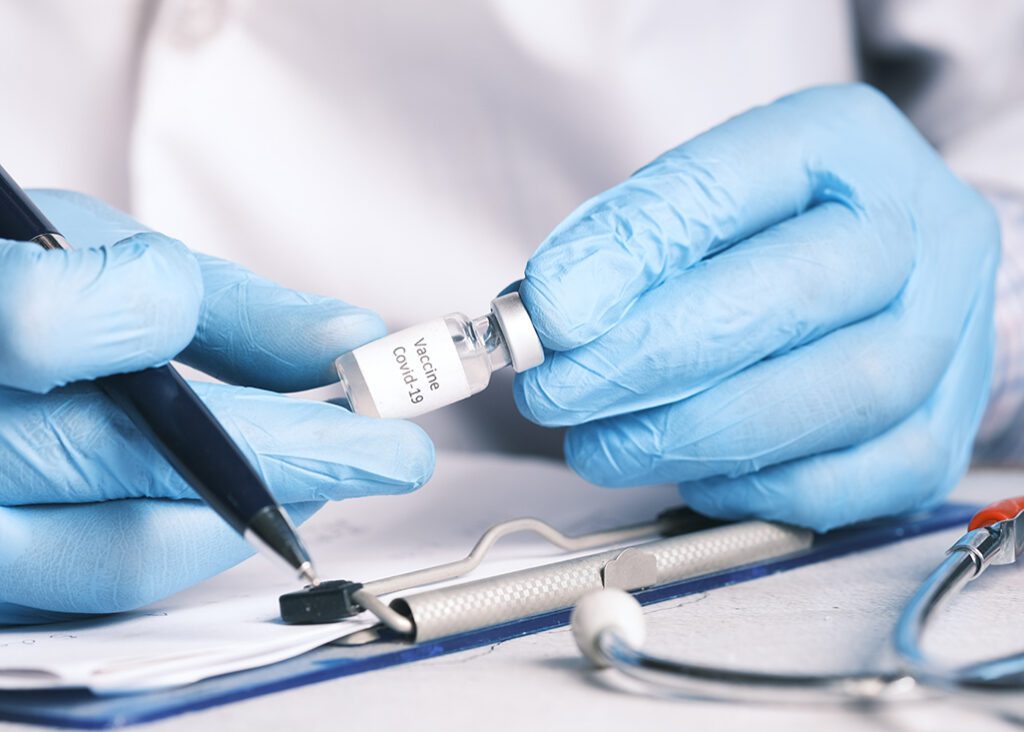In a significant bipartisan statement, eight senators this week sent a letter to U.S. Trade Representative Katherine Tai to express their concerns about a planned expansion of the WTO waiver of COVID-19 intellectual property (IP) and to urge the administration to “safeguard American innovation.”
“The United States is a global leader in research and development (R&D) and innovation in part because of our strong protections for IP,” says the letter, led by Sens. Tom Carper (D-DE) and Pat Toomey (R-PA). “American companies are committed to numerous cooperative agreements to increase global access to therapeutics and diagnostics in addition to vaccines. In fact, many countries that initially proposed this waiver are producing their own products and have not indicated that domestic demand exceeds their own supplies.”
In June, the WTO agreed to revoke IP protections for COVID-19 vaccinations, in a decision supported by the Biden Administration. The WTO is now considering an expansion of the waiver, to include COVID-19 therapeutics and diagnostics.
Both the original waiver and the proposed waiver expansion are apparently unnecessary because biotech’s voluntary efforts to make COVID-19 technology available have been far more effective at ensuring all countries can fight the pandemic, as Bio.News reported last month. Biotech firms have engaged in a range of strategies for sharing COVID-19 technology, from choosing not to enforce patents during the pandemic to setting up licensing arrangements, industrial alliances, and international subsidiaries.
The letter from the bipartisan group of senators asked USTR Tai for clarifications on a number of issues, including whether the USTR or the WTO have conducted economic analysis, how the WTO would define “diagnostic” and “therapeutic,” and how the USTR plans to consult with Congress in a transparent manner.
The Biotechnology Innovation Organization (BIO) strongly opposed the waiver that was approved in June and is opposed to the plan to broaden the waiver. “Waiving all IP rights to a broad range of cutting-edge products would undermine U.S. competitiveness and be a dangerous blow to our most innovative companies,” says David Lachmann, BIO’s Senior Director of Federal Government Relations.




